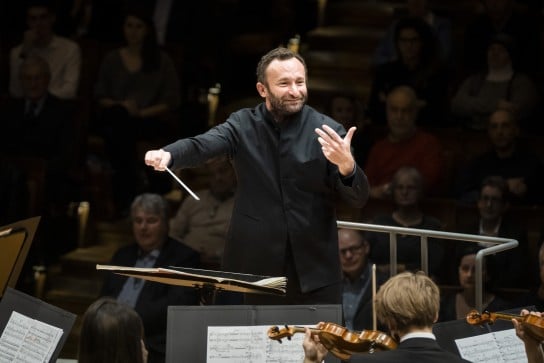Boston Symphony cellist, 82, is back after cancer
UncategorizedJules Eskin took time out earlier this year to deal with a bout of cancer.
But after 50 years he is not giving up his seat in the Boston Symphony Orchestra. He’s back playing at Tanglewood, breaking in a new music director. Full story here.






Comments